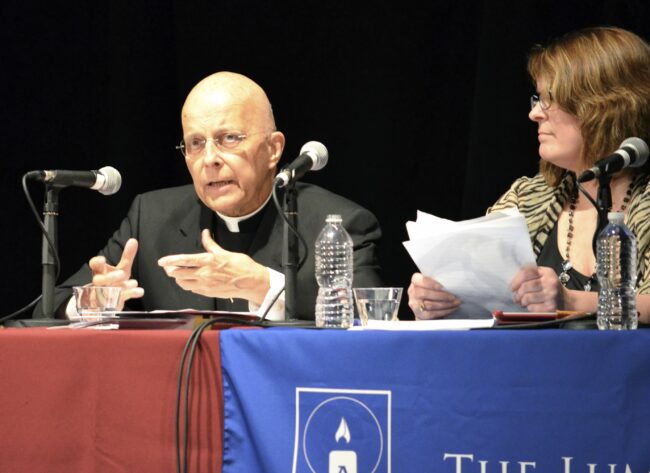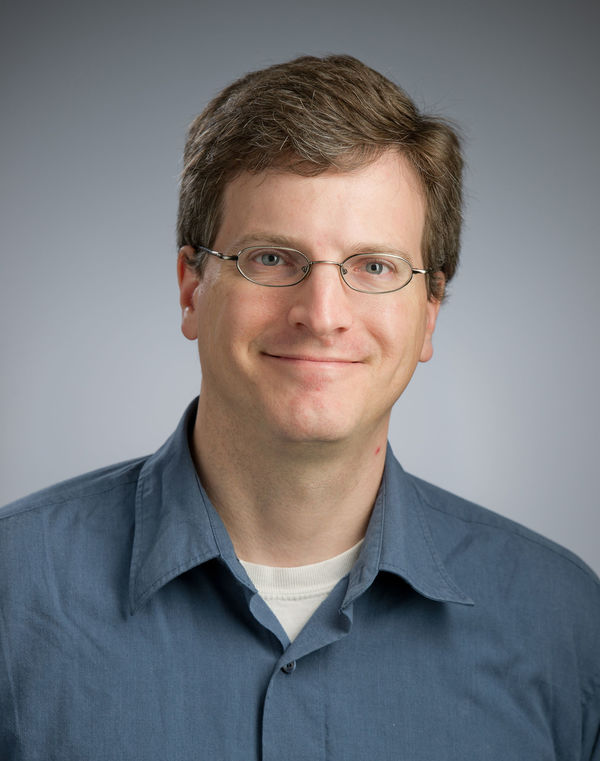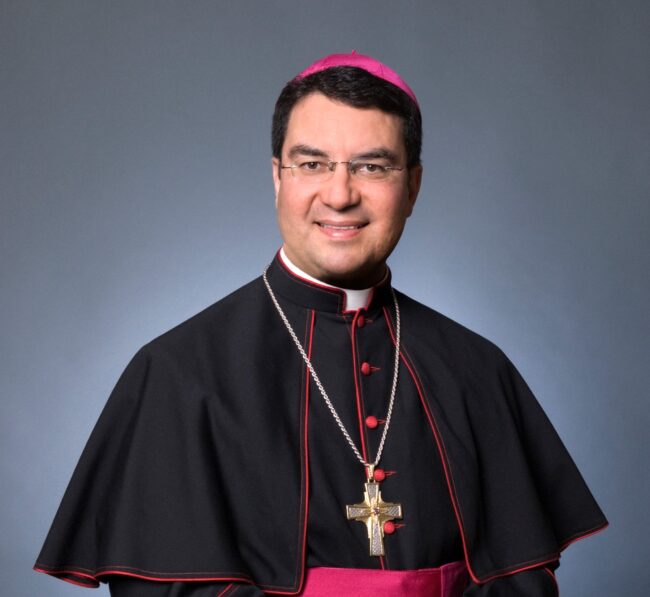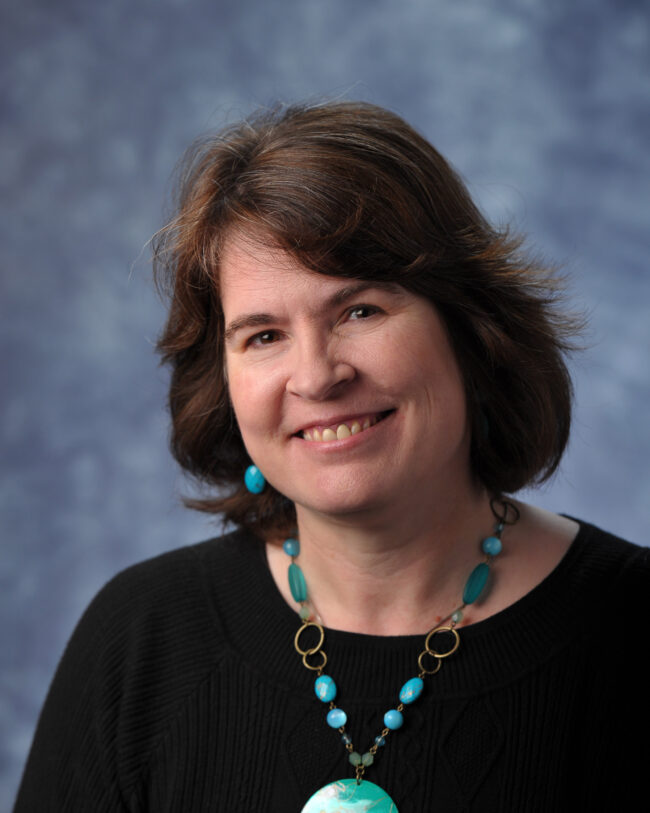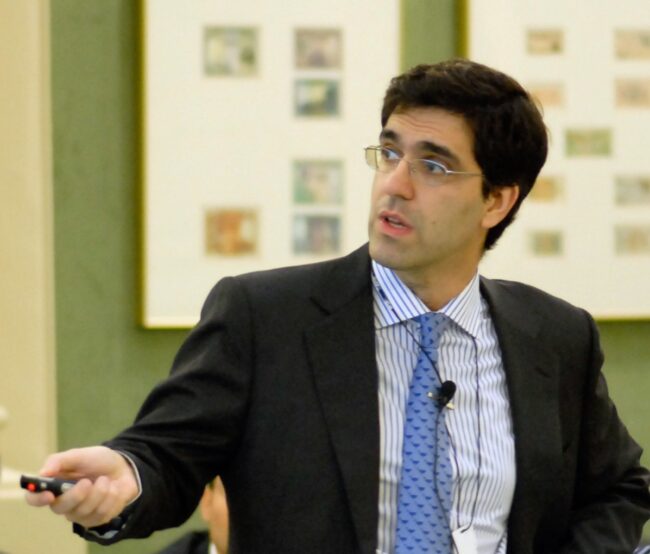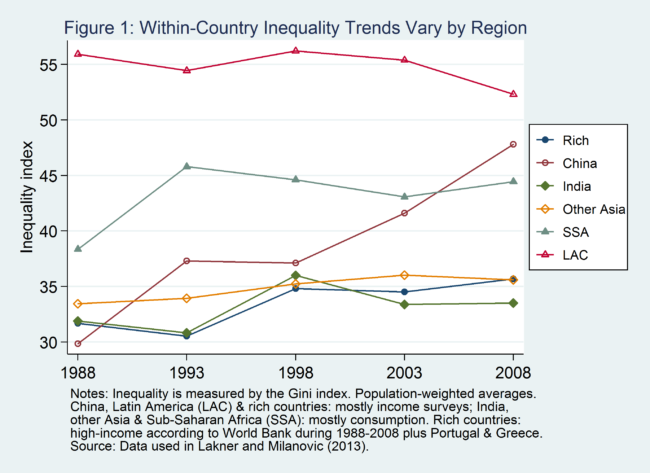CREDO Economists Headline Lumen Christi Conference
The 6th Annual Lumen Christi Conference on Economics and Catholic Social Thought provoked a thoughtful discussion on conceptions of the human person within economics and theology, and CREDO members played an instrumental role in the conference. CREDO’s own Mary Hirschfeld (Villanova) gave the keynote address at the conference on April 1 at the University of Chicago, and she was joined by fellow CREDO member Jesus Fernandez-Villaverde (Penn), as well as Francis Cardinal George of Chicago, economist Rachel Kranton (Duke), and philosopher Russell Hittinger (Tulsa).
Cardinal George, in his last conference as acting Archbishop of Chicago, opened the event by emphasizing the importance of conversation between economists and bishops. He noted that past conversations were often difficult because of different anthropologies. …

